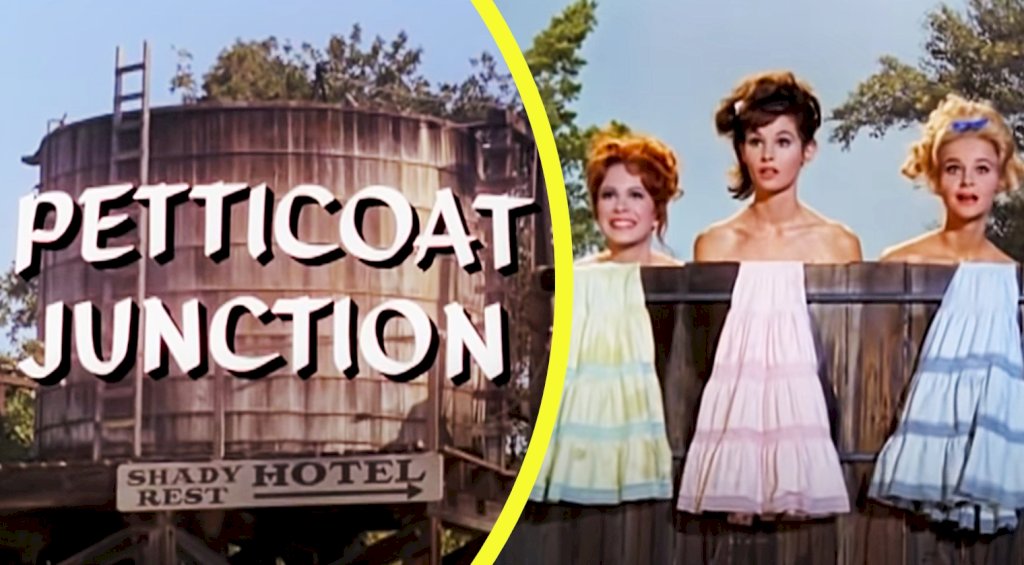In the realm of cinema, few films stand as tall, daring, and brilliantly absurd as Stanley Kubrick's "Dr. Strangelove or: How I Learned to Stop Worrying and Love the Bomb," released in 1964. This satirical masterpiece remains a timeless exploration of the perils of nuclear warfare, political folly, and the human capacity for self-destruction. With its dark humor, iconic performances, and thought-provoking commentary, "Dr. Strangelove" is not only a cinematic gem of the 20th century but also a powerful critique of the nuclear age. In this article, we delve into the genius of Kubrick's film and its continued relevance in a world still plagued by nuclear anxieties.
(Watch the video below)
Unique Narrative Structure
"Dr. Strangelove" stands out for its unconventional narrative structure, which effectively combines multiple storylines that eventually converge. The film weaves together three distinct threads: the situation room discussions among high-ranking military officials, the bomber crew's journey towards their bombing target, and the bizarre scenario involving the titular character, Dr. Strangelove.
Through this multi-layered approach, the film offers a comprehensive portrayal of the absurdity surrounding nuclear warfare. Kubrick's masterful storytelling ensures that each narrative thread complements the others, providing both humor and depth to the film's central theme.
Peter Sellers' Exceptional Performances
A significant highlight of "Dr. Strangelove" is Peter Sellers' extraordinary acting prowess, which sees him playing three distinct roles: Group Captain Lionel Mandrake, President Merkin Muffley, and the unforgettable Dr. Strangelove himself. Each of his portrayals showcases a different facet of the film's satire and dark humor.
Sellers' portrayal of Group Captain Lionel Mandrake, a British officer, adds a touch of sanity amidst the madness, while President Merkin Muffley exemplifies the ineffectiveness and absurdity of bureaucratic decision-making during a crisis. However, it is his portrayal of the eccentric and wheelchair-bound Dr. Strangelove, a former Nazi scientist, that steals the show with his darkly comedic and memorable moments.
Dark Humor and Satire
"Dr. Strangelove" is renowned for its dark and biting humor that skillfully lampoons the Cold War era's political and military establishments. The absurdity of the situation is emphasized through the characters' dialogue, the portrayal of inept leadership, and the farcical decision-making processes.
The use of irony and satire serves to highlight the dangerous consequences of nuclear brinkmanship. The very concept of "learning to stop worrying and love the bomb" becomes a paradoxical theme, revealing the irrationality of nuclear deterrence strategies.
Relevance to Historical Events
The film's release in 1964 is significant, as it coincided with a period of heightened global tensions during the Cold War. The Cuban Missile Crisis in 1962, a near-nuclear confrontation between the United States and the Soviet Union, loomed large in public consciousness. "Dr. Strangelove" capitalized on the prevailing fears and anxieties surrounding nuclear annihilation, resonating deeply with audiences of the time.
Kubrick's ability to address such grave and unsettling subject matter with dark humor not only challenged the norms of cinematic storytelling but also invited audiences to confront the absurdity of the nuclear arms race.
Lasting Impact on Cinema
"Dr. Strangelove" left an indelible mark on the world of cinema, influencing subsequent generations of filmmakers. Its satirical take on politics and the military remains an essential template for dark comedy and political satire films.
Moreover, the film's use of black-and-white cinematography and innovative visual storytelling techniques solidified Kubrick's reputation as a visionary director. His masterful use of long takes, framing, and attention to detail helped elevate the film's aesthetic appeal, garnering critical acclaim.
The movie's memorable quotes, such as "Gentlemen, you can't fight in here! This is the War Room!" have become iconic in pop culture, further cementing its status as a classic.
Conclusion
"Dr. Strangelove or: How I Learned to Stop Worrying and Love the Bomb" remains a powerful cinematic testament to the absurdity of nuclear warfare and the dangerous games played by those in power during the Cold War era. Kubrick's unique narrative structure, Peter Sellers' exceptional performances, the film's dark humor, its relevance to historical events, and its lasting impact on cinema make it a timeless classic. As a satirical masterpiece, "Dr. Strangelove" continues to be celebrated for its biting critique of humanity's tendency to turn potential annihilation into dark comedy, ensuring its place in cinematic history and cultural consciousness for generations to come.


